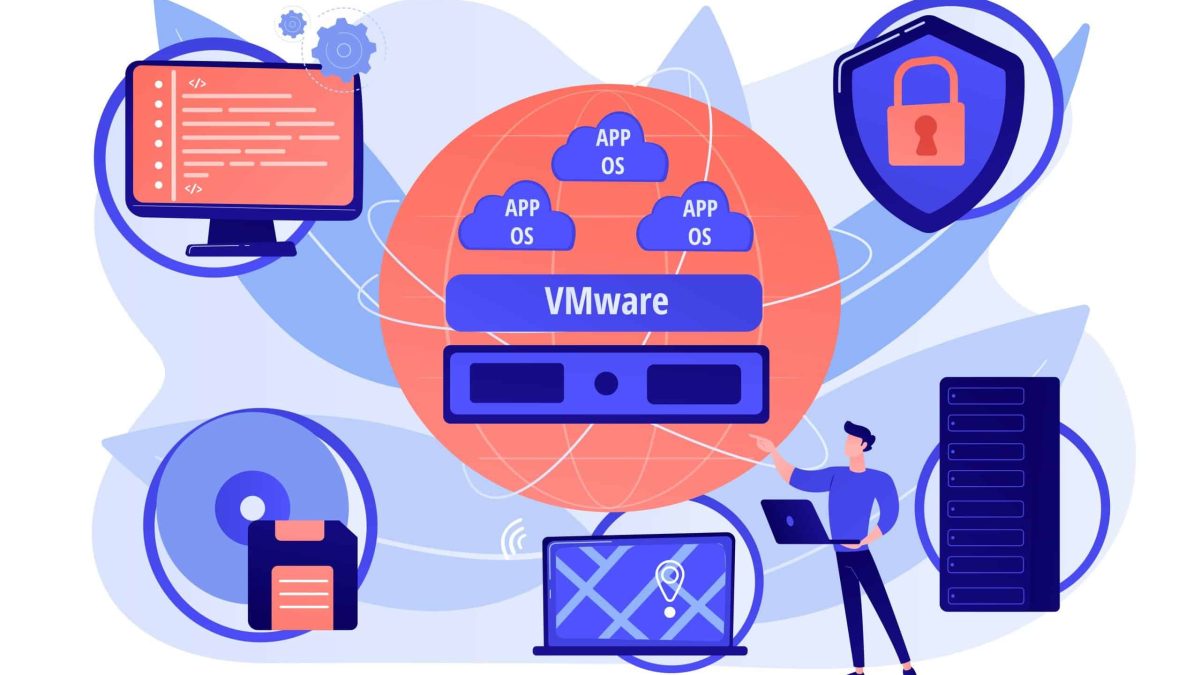In today’s digital age, where information flows freely through the vast internet landscape, web hosting has become an integral part of our online presence. Whether running a personal blog, an e-commerce site, or a multinational corporation’s website, your web hosting provider is the digital fortress safeguarding your data from potential cyber threats.
But, just like any fortress, it’s only as strong as its defences. This brings us to cybersecurity, a crucial aspect of web hosting that often gets overlooked. In this article, we’ll dive into the world of web hosting security, uncovering essential tips and best practices to ensure your digital stronghold remains impervious to cyberattacks.
Understanding the Cyber Threat Landscape
Before we delve into the nitty-gritty of web hosting security, we must grasp the ever-evolving cyber threat landscape. Hackers, cybercriminals, and malicious entities constantly prowl, seeking vulnerabilities to exploit. They’re like pirates scouring the digital seas for treasure (your valuable data).
The Importance of Web Hosting Security
Imagine your web hosting server as a treasure trove containing your website data and sensitive customer information. Picture cybercriminals attempting to breach your digital fortress and plunder this treasure. That’s why web hosting security is paramount.

Top Cybersecurity Tips
- Choose a Reputable Hosting Provider
Please start by selecting a reliable web hosting provider known for its robust security measures. A trusted provider is your first line of defence.
- Keep Software Up-to-Date
Regularly update your website’s content management system (CMS), plugins, and themes. Outdated software is like a cracked wall in your fortress that hackers can exploit.
1 Use Strong Passwords
Remember to underestimate the power of a strong password. Combine letters, numbers, and special characters for a formidable defence.
2 Implement SSL/TLS Encryption
Secure Sockets Layer (SSL) or Transport Layer Security (TLS) encryption creates an encrypted connection between your website and visitors, safeguarding data in transit.
3 Firewall Protection
Set up a robust firewall to filter incoming traffic and block malicious attempts to access your server.
4 Regular Backups
Backup your website regularly to ensure you can restore it in case of a security breach. It’s like having a secret stash of treasure hidden away.
Best Practices for Web Hosting Security
1 Monitor Website Activity
Regularly monitor your website’s traffic and server logs for any suspicious activity. It’s akin to having guards patrolling your fortress walls.
2 Employee Training
Educate your team about cybersecurity best practices to prevent accidental breaches.
3 Two-factor authentication (2FA)
Enable 2FA for all administrative accounts to add an extra layer of security.
4 Penetration Testing
Regularly conduct penetration testing to identify vulnerabilities before cybercriminals do.
Conclusion
In the digital age, your website is your storefront, communication hub, and connection to the world. Protecting it from cyber threats is not just a choice; it’s a necessity. By following these cybersecurity tips and best practices, you can fortify your web hosting and ensure that your digital fortress stands firm against the relentless tides of cyberattacks.
And be sure to explore Magque, your go-to source for the latest and most intriguing updates in the realms of informative tips & reviews!
FAQs
Q1 What is web hosting cybersecurity, and why is it important? Web hosting cybersecurity refers to the measures and practices to protect websites, servers, and the data they store from cyber threats. It’s crucial because cyberattacks can lead to data breaches, downtime, and damage to your online reputation.
Q2. How can I choose a secure web hosting provider?
To choose a secure web hosting provider, look for one with a strong reputation for cybersecurity. Check if they offer features like regular security updates, firewalls, and SSL/TLS encryption. Reading reviews and asking for recommendations can also help you make an informed decision.
Q3. What is SSL/TLS encryption, and why do I need it for web hosting?
SSL (Secure Sockets Layer) and its successor TLS (Transport Layer Security) are cryptographic protocols that encrypt the data between a website and its visitors. This encryption is essential to protect sensitive information, such as login credentials and payment details, from being intercepted by malicious actors.
Q4. What is a firewall, and how does it enhance web hosting security?
A firewall is a security system that monitors and controls incoming and outgoing network traffic. It acts as a barrier between your server and potential threats, blocking unauthorized access and filtering out malicious traffic. Firewalls are a critical component of web hosting security.
Q5. How often should I back up my website, and why is it important for cybersecurity?
It’s advisable to back up your website regularly, ideally daily or weekly, depending on your website’s update frequency. Regular backups are essential because they allow you to restore your site to a previous, uncompromised state in case of a cyberattack or data loss incident. This minimizes downtime and data loss, ensuring business continuity.
Read Also This :– Latest Trends in Cybersecurity



















